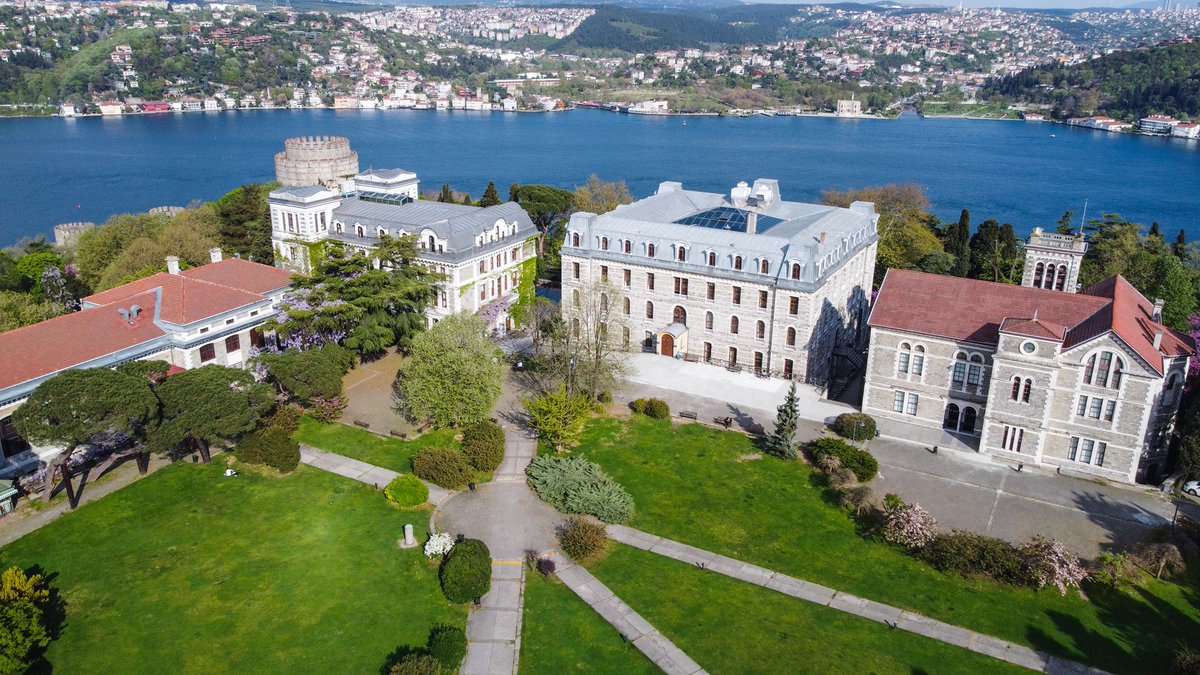Academic freedom in Turkey was dealt a huge blow with a politically motivated appointment to one of the country’s handful of independent universities, Bogazici University, which is more than 150 years old.
By presidential decree the current rector of the university was replaced on the first night of the year with a political figure who was a candidate standing for the ruling Justice and Development Party (AKP) during the previous general and local elections.
The new rector, Melih Bulu, was a founding member of a district branch of the AKP. Over the past year, 27 rectors have been appointed by the president.
Bogazici University, overlooking the Bosphorus, was founded in 1863, the first American higher education institution to be established outside the US. It has more than 15,000 students and six campuses on the European side of Istanbul.
This latest appointment symbolizes the increased politicization of Turkish universities, along with an alarming trend of keeping the critical voices in media, civil society and academia under the control.
“President Recep Tayyip Erdogan has tightened his control over the higher education system in Turkey,” Berk Esen, a political scientist at Sabanci University in Istanbul, told Arab News.
As Erdogan has repeatedly stated that his party has not yet gained hegemony over education and culture, Esen thinks that such moves can be seen as deliberate attempts to change this situation.
He said Erdogan’s decision to appoint Melih Bulu as rector is especially worrisome for several reasons.
“Bogazici is one of the best universities in the country and employs some of Turkey’s most respected academics in various fields. In the past, President Erdogan refrained from appointing outsiders as rectors to prominent universities in the country,” he said.
“Our country needs free academia, free scientists and productive students. This freedom and productivity cannot be achieved by appointing trustees. We want a free academia,” tweeted Ali Babacan, the leader of breakaway DEVA party.
Students of the university, who are known for their high political awareness, protested under the Twitter hashtag #KayyumRektorIstemiyoruz (We don’t want a trustee rector).
In 2018, several anti-war students were arrested after a police raid in their houses and dormitories after they staged a peaceful demonstration in the university campus against Turkey’s military campaigns in Syria. They were criticized by President Recep Tayyip Erdogan as being “communist, terrorist youth” in a public speech.
“It is impossible to have competitive universities on a global level and students who express themselves freely if you bring rectors to the universities in a top-down fashion. You cannot get success with such a mentality,” said Burak Dalgin, a founding member of DEVA who is also a graduate of Bogazici University.
Dalgin studied at Bogazici University in the mechanical engineering department between 1995 and 1999 before starting to work in the investment sector.
“Despite the shortcomings of Turkish democracy in the past, the school was still a safe haven for personal liberty,” he said.
Traditionally the candidate with the highest share of votes in the university elections became the rector of Bogazici University.
As the outgoing Bogazici rector is a professor at the university and briefly worked as vice-rector before taking on the top job, Esen said this recent move breaks with such precedent.
“Melih Bulu comes from outside the ranks of the Bogazici University and many have questioned whether he even has the academic credentials to work at Bogazici, let alone become rector. Also, his close connections to the AKP Istanbul branch will call into question his impartiality towards critics of the government among the academic staff and the student body,” he said.
According to Esen, this latest decision to appoint a political crony will further contribute to the culture of fear that has permeated the higher education system in Turkey and significantly harm academic freedoms.
“There is now widespread fear that universities will turn into sites for Erdogan to reward his party stalwarts,” he said.
Another presidential decree last year led to the closure of Sehir University, a private university in Istanbul linked to former prime minister and political rival Ahmet Davutoglu, making jobless all its academic staff, many of whom had taken a critical political stance over recent years.
Source: Arab News



